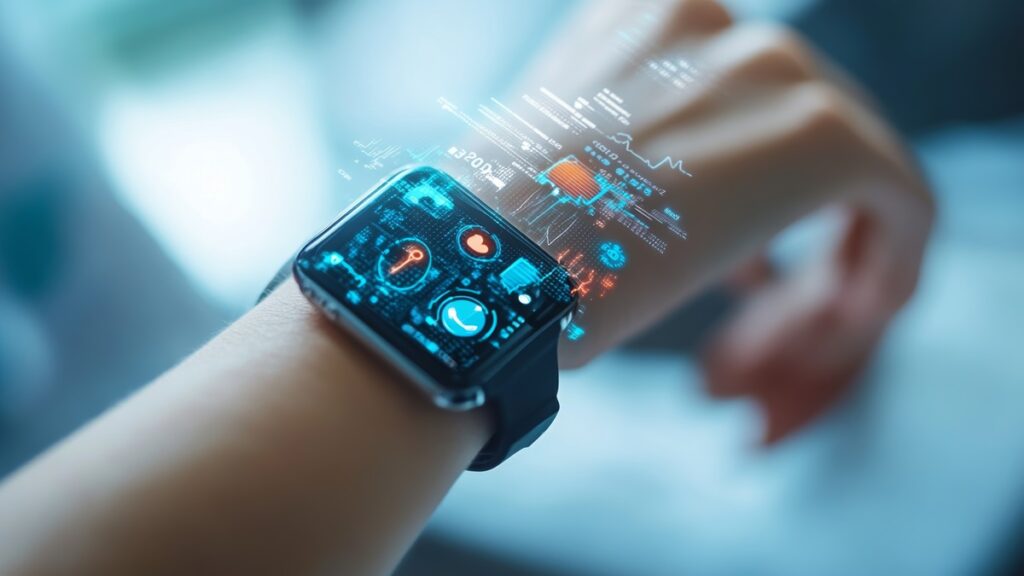The Joint Science and Technology Office (JSTO) within the Defense Threat Reduction Agency (DTRA) has announced an upcoming funding opportunity for members of the Medical CBRN Defense Consortium (MCDC). The objective of the IMMIR solicitation is to develop innovative technologies for vaccine monitoring via a compact wearable device that can analyze minute blood samples.
One of the most significant hurdles in vaccine research is the limited capacity for blood sampling between vaccine administration and the complete development of an immune response. This limitation hinders the ability to assess how the immune system evolves after vaccination. To counter this, JSTO is looking for technologies that overcome limitations in vaccine development, specifically the challenge of acquiring comprehensive immunological data due to existing technology constraints and animal care guidelines.
Key Information and Deadlines
The draft solicitation is available through the Medical CBRN Defense Consortium (MCDC). While the final solicitation has not yet been published, DTRA anticipates awarding the selected effort in April 2025.
Project Scope and Objectives
The primary goal of this project is to develop and implement technologies that will enable enhanced and continuous micro-sampling, allowing for more comprehensive tracking of immune response post-vaccination. The core objectives of this project include:
- Development of Wearable Devices: The project aims to create compact, wearable devices capable of continual or frequent micro-sampling of blood from test animals. These devices will offer an innovative solution to track immune responses over time with minimal invasiveness.
- Minimally Invasive Sampling Techniques: The use of periodic blood sampling technologies will increase the frequency and quantity of samples acquired, all within Institutional Animal Care and Use Committee (IACUC) guidelines, ensuring ethical and humane treatment of test animals.
- Micro-Physiological Systems: Another key focus is the development of “organs-on-a-chip” systems. These systems can mimic the full spectrum of immune responses, offering a cutting-edge approach to understanding both innate and adaptive immune responses in small, controlled environments.
- Highly Sensitive Detection Technologies: The technologies developed will allow for highly sensitive detection of immune system components in small blood samples, which will enable researchers to study immune maturation in unprecedented detail.
Deliverables and Future Potential
The deliverables for this initiative include wearable devices that support continuous or frequent blood micro-sampling and an accompanying system to analyze the samples. The government will assess the feasibility of these prototypes for further production and eventual integration into military and defense operations.
Upon successful completion of this prototype phase, the project holds the potential for follow-on production, which could result in annual deliveries of up to two prototypes, depending on the outcome of the initial tests.
If your company has an applicable technology, EverGlade Consulting can help you get a head start on your federal funding journey.
For additional information about EverGlade Consulting, reach out to: [email protected]








